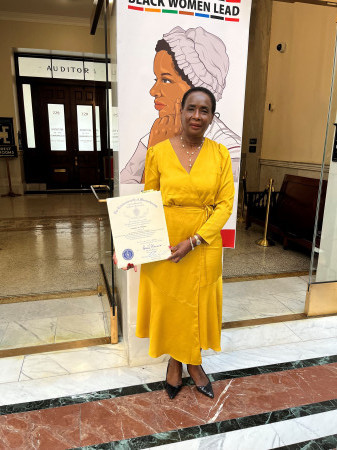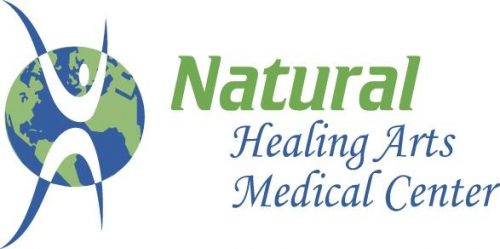Human Rights - Elections Info originally published at Human Rights - Elections Info

February 15, 2022
Press Contacts
Andrew Hollinger
Director, Communications
202.437.1221
[email protected]
Museum to Confer its Highest Honor, The Elie Wiesel Award,
to the Ritchie Boys of World War II
Secret Unit Formed 80 Years Ago Was Instrumental in Nazi Germany’s Defeat and Included Many Who Had Fled the Regime
WASHINGTON – The United States Holocaust Memorial Museum will confer its highest honor, the Elie Wiesel Award, on the Ritchie Boys, a little-known special World War II US military intelligence unit that included many Jewish refugees from Nazism and was instrumental to the Allied victory. The award will be presented this spring.
“The Ritchie Boys were one of World War II’s greatest secret weapons for US Army intelligence,” said incoming Museum Chairman Stuart E. Eizenstat. “Many had fled Nazi Germany but returned as American soldiers, deploying their knowledge of German language and culture to great advantage. They significantly helped the war effort and saved lives. We are honored to recognize the unique role they played serving the United States and advancing our victory over Germany.”
Outgoing Museum Chairman Howard M. Lorber added, “We selected the Ritchie Boys because of their remarkable actions and heroism in helping to end the war and the Holocaust. This little-known part of American history deserves national acknowledgement. Our country owes them an enormous debt of gratitude for their courage and sacrifices. What could be more appropriate than to honor them with an award bearing the name of Holocaust survivor Elie Wiesel.”
Facing significant intelligence deficiencies, in April 1942, the US Army activated a plan to convert Fort Ritchie, a Maryland National Guard Camp, into an intelligence training center. Approximately 20,000 men—many of whom were immigrants and refugees from more than 70 countries, including 2,800 German and Austrian refugees who fled Nazi persecution and had arrived in the United States as “enemy aliens”—were trained there. They became known as the “Ritchie Boys.” Their enormous contributions to defeating Nazism—one Army study concluded they were responsible for obtaining nearly 60 percent of the actionable intelligence gathered in Europe during the war—and their postwar justice efforts remain little known to Americans even today.
After their training, the Ritchie Boys were dispersed in different Army units. Many landed on the beaches of Normandy soon after D-Day. From that point on, Ritchie Boys were involved in every major battle in Europe, using their language skills to gather intelligence, interpret enemy documents, and engage in psychological warfare encouraging German soldiers to surrender by dropping leaflets, through radio broadcasts, and in trucks equipped with loudspeakers. Hundreds of Ritchie Boys were attached to divisions that liberated concentration camps and interviewed former prisoners to document the atrocities that took place. Jewish soldiers were in great danger if captured, and two were captured and executed due to being identified by their captors as German-born Jews. After the war, a number served as translators and interrogators—especially during the Nuremberg Trials.
In August 2021, the bipartisan US Senate Resolution 349 officially recognized the bravery of those troops. About 200 Ritchie Boys are estimated to be alive today.
About the Elie Wiesel Award
Established in 2011, the Elie Wiesel Award recognizes individuals whose actions embody the Museum’s vision of a world where people confront hate, prevent genocide, and promote human dignity. Elie Wiesel, the Museum’s founding chairman, was the first recipient of the award, which was subsequently named in his honor. Engraved on the award are the words from Wiesel’s Nobel Prize acceptance speech, “One person of integrity can make a difference.”
About the United States Holocaust Memorial Museum
A nonpartisan, federal educational institution, the United States Holocaust Memorial Museum is America’s national memorial to the victims of the Holocaust dedicated to ensuring the permanence of Holocaust memory, understanding, and relevance. Through the power of Holocaust history, the Museum challenges leaders and individuals worldwide to think critically about their role in society and to confront antisemitism and other forms of hate, prevent genocide, and promote human dignity. For more information, visit ushmm.org.
###
Tags:
Content from United States Holocaust Memorial Museum
Originally published at https://www.ushmm.org/information/press/press-releases/ritchie-boys-2022-elie-wiesel-award
originally published at HUMAN RIGHTS - USA DAILY NEWS 24
Human Rights - Elections Info originally published at Human Rights - Elections Info




